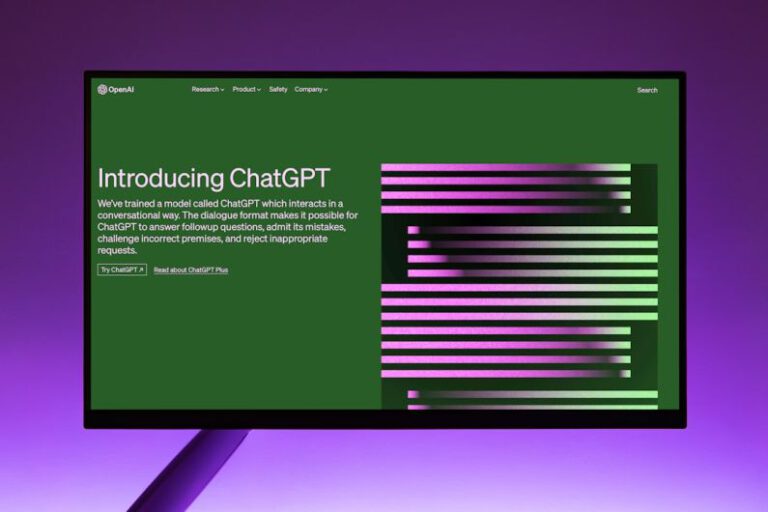Deep Learning and the Future of Creativity
In a rapidly evolving world where technology continues to shape our everyday lives, the intersection of deep learning and creativity is becoming increasingly prominent. Deep learning, a subset of artificial intelligence that imitates the workings of the human brain to process data and create patterns for decision-making, is revolutionizing the way we approach various fields, including art, design, music, and literature. As we delve into the possibilities that deep learning unlocks, it is evident that the future of creativity holds vast opportunities and challenges that are reshaping traditional norms and pushing boundaries in unprecedented ways.
The Impact of Deep Learning on Creative Industries
The infusion of deep learning technologies into creative industries has sparked a wave of innovation, transforming the creative process and opening up new avenues for artistic expression. From generating visual art to composing music and writing literature, deep learning algorithms have demonstrated remarkable capabilities in replicating and even surpassing human creativity. Artists and creators are leveraging these tools to explore uncharted territories, experiment with new forms of expression, and push the limits of traditional artistic practices.
Visual Art: Redefining the Notion of Creativity
One of the most striking developments in the realm of creativity is the use of deep learning algorithms to generate visual art. Through techniques like neural style transfer and generative adversarial networks (GANs), artists can create stunning pieces of art that blur the line between human and machine creativity. These tools enable artists to explore unique artistic styles, experiment with different visual elements, and challenge conventional notions of what constitutes art. As deep learning continues to evolve, we can expect to see a proliferation of AI-generated artworks that redefine the boundaries of creativity and inspire new forms of artistic expression.
Music Composition: Harmonizing Artificial and Human Creativity
In the realm of music composition, deep learning algorithms are revolutionizing the way music is created and consumed. By analyzing vast amounts of musical data and identifying patterns and structures, AI systems can generate original compositions that resonate with audiences around the world. From classical symphonies to contemporary pop songs, AI-generated music is pushing the boundaries of creativity and challenging the role of human composers in the creative process. As deep learning algorithms become more sophisticated and nuanced, we can anticipate a future where AI and human creativity harmonize to produce music that transcends traditional genres and styles.
Literature: Crafting Stories in the Digital Age
The world of literature is also experiencing a profound shift as deep learning algorithms are employed to generate stories, poems, and even entire novels. By analyzing vast literary databases and identifying narrative patterns and themes, AI systems can craft compelling narratives that captivate readers and blur the distinction between human and machine-authored content. Authors and publishers are increasingly turning to AI tools to streamline the writing process, experiment with new storytelling techniques, and engage with readers in innovative ways. As deep learning continues to advance, we can expect to see a proliferation of AI-generated literature that challenges our perceptions of creativity and storytelling in the digital age.
The Ethical Implications of AI in Creativity
While the integration of deep learning technologies into creative industries offers a myriad of possibilities, it also raises important ethical questions regarding authorship, originality, and the nature of creativity itself. As AI systems become increasingly proficient at generating creative content, the boundaries between human and machine creativity become increasingly blurred, leading to debates about ownership, intellectual property rights, and artistic integrity. It is essential for creators, technologists, and policymakers to engage in meaningful dialogue and establish ethical guidelines that balance innovation with respect for human creativity and artistic expression.
Embracing a Collaborative Future
As we navigate the transformative impact of deep learning on creativity, it is crucial to embrace a collaborative future where humans and machines work together to inspire, innovate, and create. By leveraging the unique strengths of AI systems and human creators, we can unlock new possibilities, break down barriers, and usher in a new era of creativity that transcends traditional boundaries. The future of creativity lies at the intersection of art and technology, where human imagination and machine intelligence converge to shape a world where innovation knows no limits.
In conclusion, the future of creativity is being redefined by the exponential growth of deep learning technologies, opening up new horizons for artistic expression, experimentation, and collaboration. As we embrace the transformative power of AI in creative industries, we must navigate the ethical challenges and complexities that arise, ensuring that human creativity remains at the heart of innovation. By embracing a collaborative approach that celebrates the unique contributions of both humans and machines, we can pave the way for a future where creativity knows no bounds and where artistry transcends traditional norms. The fusion of deep learning and creativity holds immense potential to shape the way we create, inspire, and imagine, ushering in a new era of innovation and artistic exploration.






